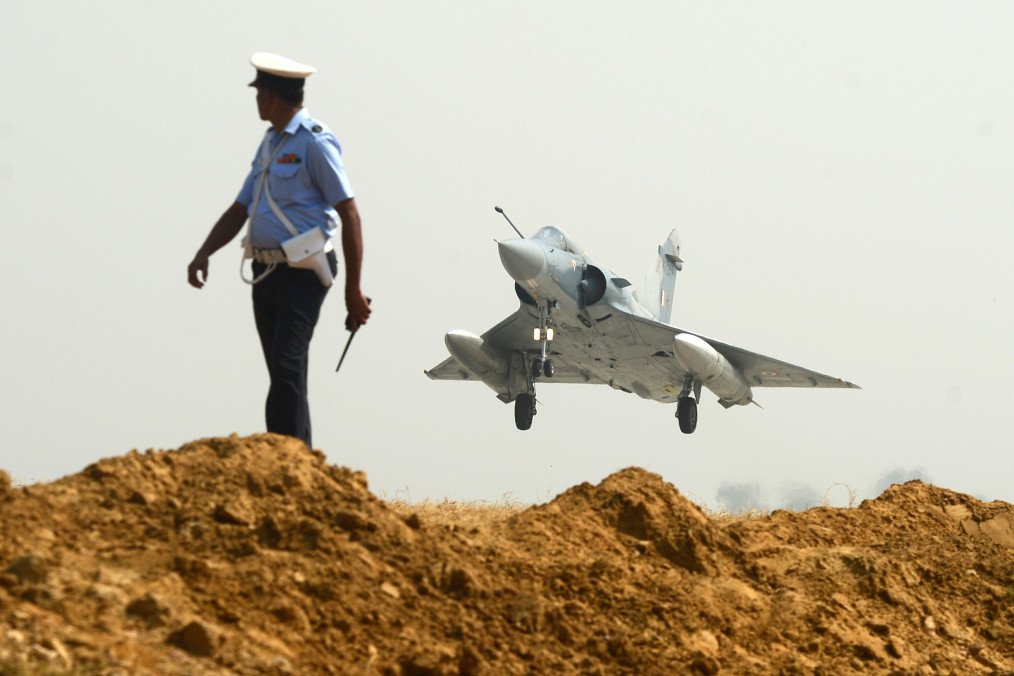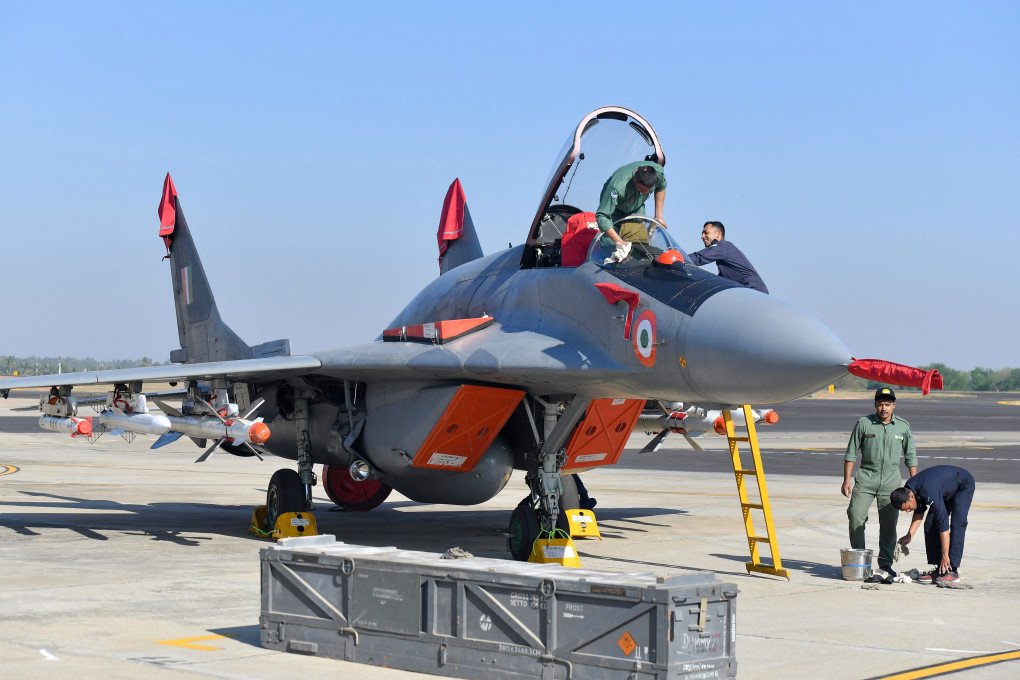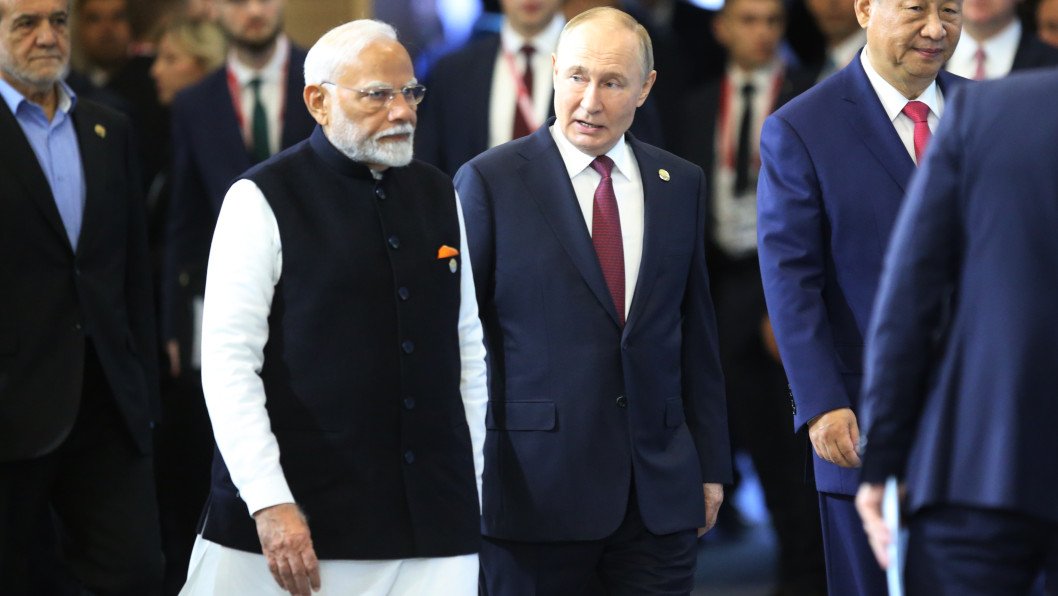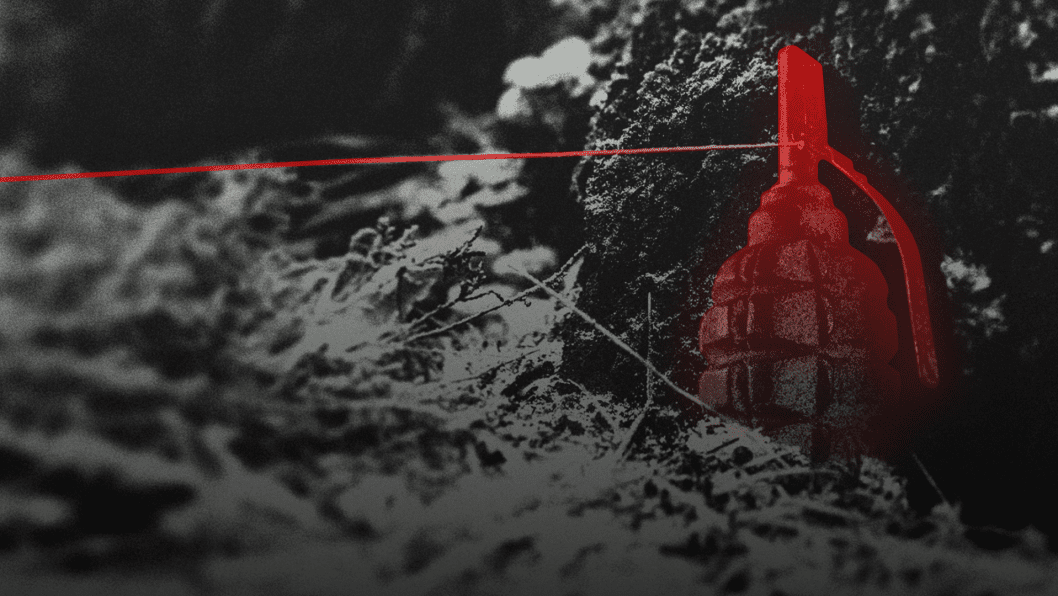- Category
- Latest news
India Replaces Russian MiGs With French Rafales in $7.4 Billion Deal

India has taken a decisive step away from Russian military hardware, signing a $7.4 billion deal with France for 26 Rafale marine fighter jets—further solidifying a strategic pivot toward Western arms suppliers, Bloomberg reported on April 28.
The agreement, finalized after Prime Minister Narendra Modi’s 2023 visit to Paris, also includes maintenance for the 36 Rafale jets India purchased in 2016.
The new fleet, to be deployed aboard the domestically built aircraft carrier INS Vikrant, will replace India’s aging Russian MiG-29K fighters currently stationed on INS Vikramaditya.
Once Moscow’s largest arms buyer since the Soviet era, New Delhi has steadily scaled back purchases from Russia in recent years. According to SIPRI (Stockholm International Peace Research Institute), Russian-made weaponry accounted for 72% of India’s arms imports between 2010 and 2014—but that figure has since dropped to just 36% for the 2020–2024 period.

“India is shifting its defense procurement focus toward Western suppliers, especially France, Israel, and the United States,” SIPRI analysts noted. “While public declarations stress friendly ties with Moscow, the realignment is clear in major new contracts, which now largely favor Western manufacturers.”
The Indian government has earmarked $100 billion for military modernization but has repeatedly sidelined Russian proposals.
Talks over purchasing Kamov helicopters and Sukhoi jets have stalled. India also withdrew from a joint development program for a fifth-generation fighter based on the Su-57, citing dissatisfaction with both cost and technology.
In 2022, Indian military officials rejected Russian T-72 and T-90 tanks in favor of French Leclerc XLR models, arguing that Russian vehicles were ineffective in mountainous regions—key for confrontations along borders with China and Pakistan.

In 2023, India also turned down Russia’s offer to co-develop submarines based on the Amur-1650 platform. Instead, New Delhi opted to procure six advanced submarines from Germany’s Thyssenkrupp.
India’s departure from Russian arms isn’t an isolated trend. SIPRI data shows Russia’s global arms exports have plunged by 47% since the full-scale invasion of Ukraine in 2022, shrinking its share of the global arms market to just 7.8%—down from nearly 25% a decade ago.
Despite official statements maintaining that India-Russia relations remain strong, the defense trade tells a different story: Moscow’s once-dominant position is being steadily eroded by Western competitors, led by France.
Earlier, reports emerged that Russia’s arms exports plummeted by 92% from 2021 to 2024, dropping from $14.6 billion to just $1 billion.
The number of countries still purchasing Russian weapons has also shrunk to just 12, a dramatic decline that highlights the Kremlin’s weakening grip on the global defense market.




-c439b7bd9030ecf9d5a4287dc361ba31.jpg)



